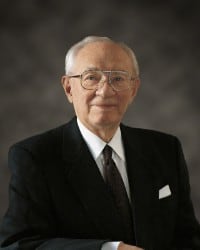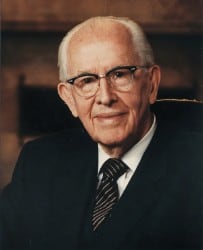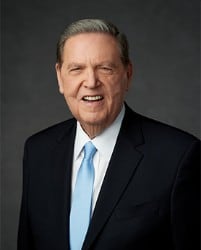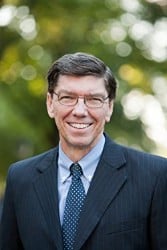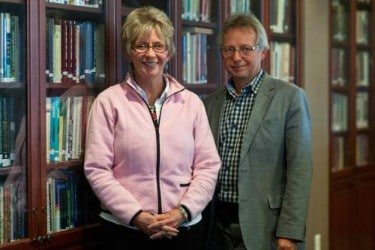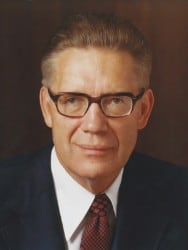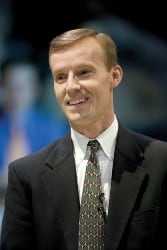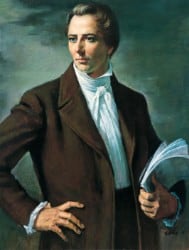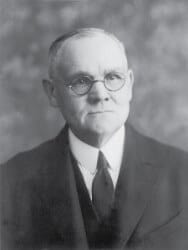“As I looked at the extent to which I wanted to be involved in church, I realized that I didn’t know the Book of Mormon was true. I had read it several times but usually as an assignment—from my parents or a Brigham Young University instructor. But this time I desperately needed to know if the Book of Mormon was true. So I decided that I would commit every evening from 11:00 to 12:00 to reading the Book of Mormon to find out if it was true.
I wondered if I dared spend that much time because I was in a very demanding academic program, studying applied econometrics. I was going to try to finish the program in two years, whereas most people in the program finished it in three. I didn’t know if I could afford allocating an hour a day to this effort.
But nonetheless I did. I began at 11:00 by kneeling in prayer near a little heater in the stone wall, and I prayed out loud. I told God how desperate I was to find out if the Book of Mormon was true. I told Him that if He would reveal to me that it was true, I then intended to dedicate my life to building His kingdom. I told Him that if it wasn’t true, I needed to know that for certain too because then I would dedicate my life to finding out what was true.
I read the first page of the Book of Mormon. When I got down to the bottom of the page, I stopped. I thought about what I had read on that page, and I asked myself, “Could this have been written by a charlatan who was trying to deceive people, or was this really written by a prophet of God? And what did it mean for me in my life?” Then I put the book down and knelt in prayer and asked God again, “Please tell me if this is a true book.” Then I sat in the chair, picked up the book, turned the page, read it, paused at the bottom, and did the same thing. I did this for an hour every night, night after night, in that cold, damp room at Oxford.
One evening, by the time I got to the chapters at the end of 2 Nephi, I said my prayer, sat in my chair, and opened the book. All of a sudden there came into that room a beautiful, warm, loving Spirit that surrounded me and permeated my soul, enveloping me in a feeling of love that I had not imagined I could feel. I began to cry. As I looked through my tears at the words in the Book of Mormon, I could see truth in those words that I never imagined I could comprehend before. I could see the glories of eternity, and I could see what God had in store for me as one of His sons. That Spirit stayed with me the whole hour and every other evening as I prayed and read the Book of Mormon in my room. That same Spirit would always return, and it changed my heart and my life forever.”
Clayton M. Christensen
| "The Most Useful Piece of Knowledge"
Topics: Book of Mormon, Scripture Study, Testimony
